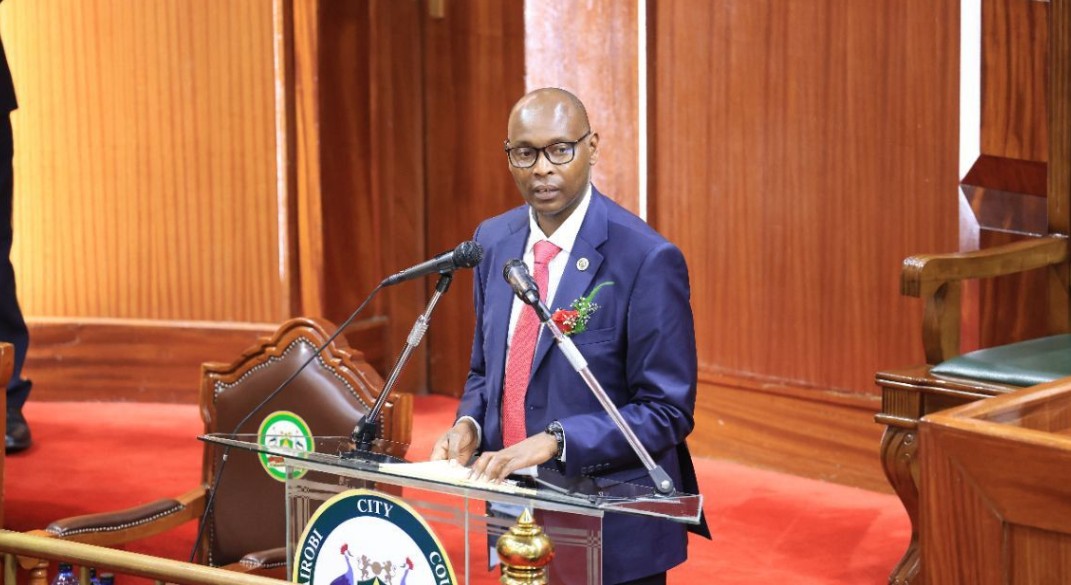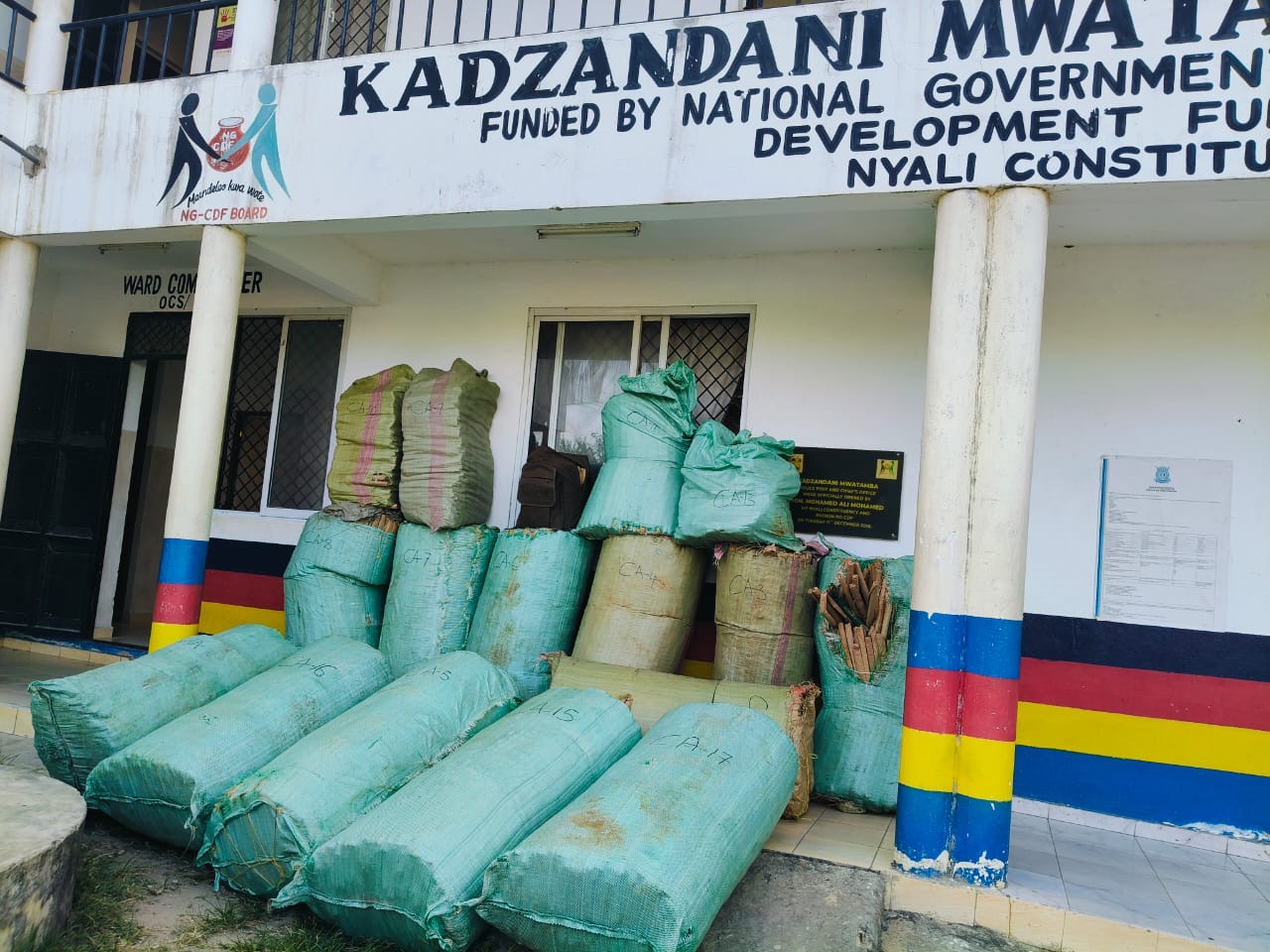Kenyans filed over 200,000 requests for public information, says Ombudsman

Access to information is a vital component of United Nations Sustainable Development Goal 16, which aims to promote peaceful and inclusive societies.
The Commission on Administrative Justice (CAJ) has revealed that Kenyans have made a total of 249,424 requests for information from public institutions.
According to CAJ, also known as the Office of the Ombudsman, 92.8 per cent of these requests were granted.
More To Read
- Bureaucracy blocking access to information, Dagoretti residents say in push for transparency
- IEBC Selection Panel on the spot for secretly adding six candidates
- Commission demands answers as three die due to alleged oxygen disruption at Coast General Hospital
- Ombudsman suspends summons against JSC members, seeks constructive dialogue
- Ombudsman gives Lands Ministry 60 days to resolve complaints
- Attorney General asks Ombudsman to halt summons against Chief Justice Koome, JSC members
"The commission has to date received and processed a total of over 1,152 applications for review of decisions by entities under the Access to Information Act with a resolution rate of 85 per cent," said Mercy Wambua, the CEO of the commission.
Wambua made the remarks on Friday at the commemoration of the International Day for Universal Access to Information (IDUAI), which this year was themed "Mainstreaming Access to Information and Participation in the Public Sector".
Access to information is a vital component of United Nations Sustainable Development Goal 16, which aims to promote peaceful and inclusive societies.
Goal 16's Target 16.10.2 specifically urges all states to ensure access to information by implementing appropriate constitutional and statutory policies to guarantee information disclosure.
Despite progress in processing information requests, the commission noted several challenges still hinder the full implementation of the right to access information in Kenya.
Among these is the issue of inadequate resources to support key institutional functions related to access to information.
"There is a culture of secrecy as some officers are yet to appreciate the importance of access to information, transparency, and accountability," Wambua said, adding that poor records management further complicates the availability and retrieval of requested information, which raises administrative costs for institutions.
To address these hurdles, the Office of the Ombudsman recommended the prioritisation of passing the National Access to Information Policy.
This policy, Wambua explained, would provide a uniform approach to information disclosure across government entities.
She also urged investment in technological systems to support public institutions in managing information access more effectively.
"ICT is an enabler of access to information by ensuring disclosure and managing requests through e-platforms," Wambua said.
In addition to these recommendations, Wambua emphasised the need to prioritise the enactment of the Public Participation Bill, which aims to establish a clear framework for citizen involvement in policy-making processes.
Top Stories Today













































